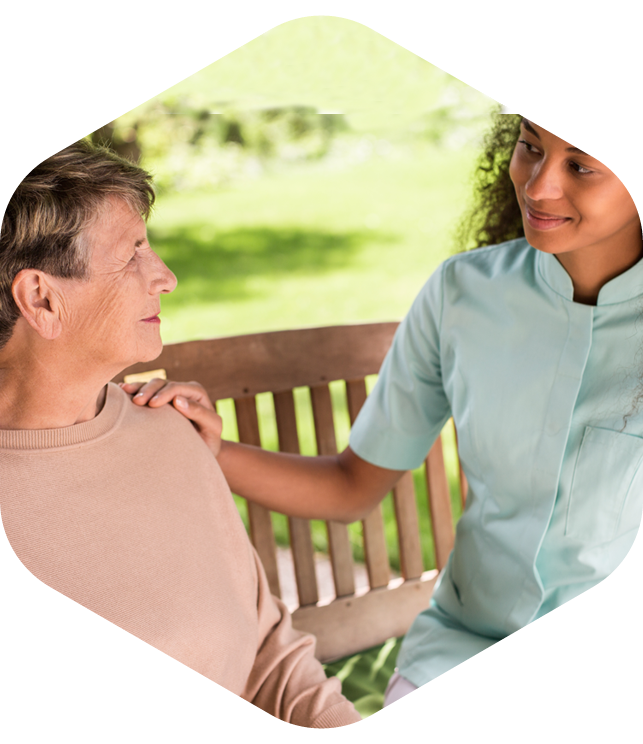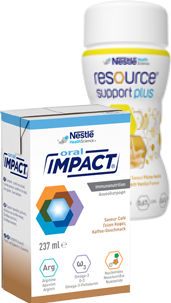How to Cope with Muscle Loss
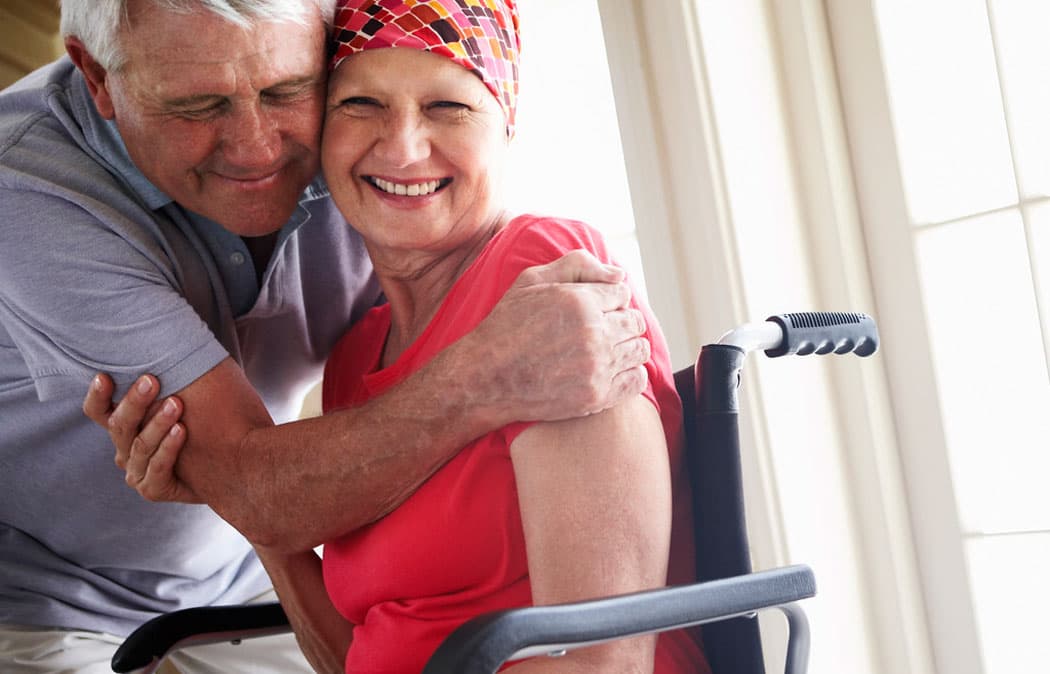
Muscle loss can occur with the rapid weight loss sometimes experienced during cancer treatment. It can also occur with decrease in normal activity while undergoing treatment. Loss of muscle can make it difficult to get around and do the things you enjoy. In addition, it can be hard to rebuild muscle once lost so prevention of further muscle loss is key to maintaining your strength. Here are some ideas to prevent further muscle loss and help you regain your strength.
Eat Plenty of Protein
- Protein provides the building blocks of the tissues and muscles in your body.
- During cancer treatment your body needs more protein than normal.
- High protein foods include chicken, fish, beef, pork, eggs, milk, cheese, yogurt, cottage cheese, nuts, and beans.
- Make sure each meal or snack contains a food high in protein. Refer to “Snacking” for high protein snack options.
- If you are having trouble getting enough protein from foods consider adding an oral nutrition supplement or using a protein powder.
Stop Weight Loss
- Focus on maintaining your weight by eating small frequent high calorie and protein meals.
- Muscle loss can make everyday activities like preparing meals harder. Ask for help from friends and family and keep ready-made and easy-to-prepare items on hand for quick meals.
- If you are experiencing decreased appetite or desire to eat, refer to “How to Cope with a Poor Appetite”.
Stay Active
- Try to maintain your normal exercise routine as able. If you are not currently exercising, start gradually with just a few minutes of light exercise at a time.
- Daily activities such as getting the newspaper, watering plants, or folding laundry can help maintain muscle.
- Be sure to talk to your doctor before starting to lift heavy weights especially after surgery. If you have lost strength and stamina, talk to your doctor about referral to a physical therapist.
Know more about the subject
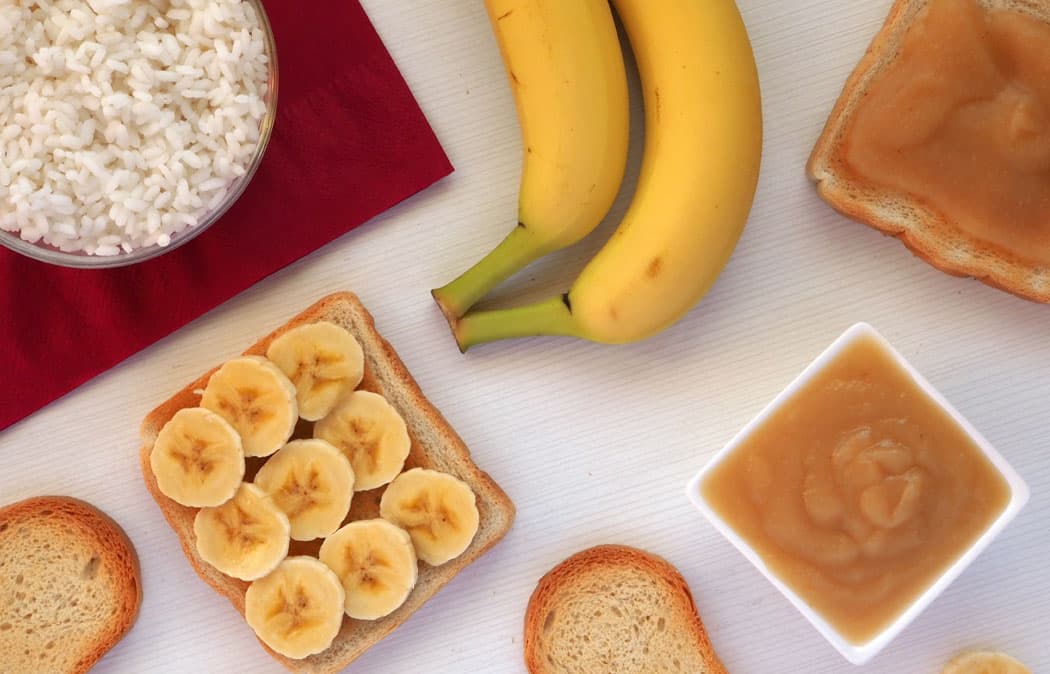
What Does Cancer Nausea Feel Like? Causes, Remedies, and How to Cope
If you have recently received a cancer diagnosis or are undergoing cancer treatment, you may often feel nauseated or even vomit.
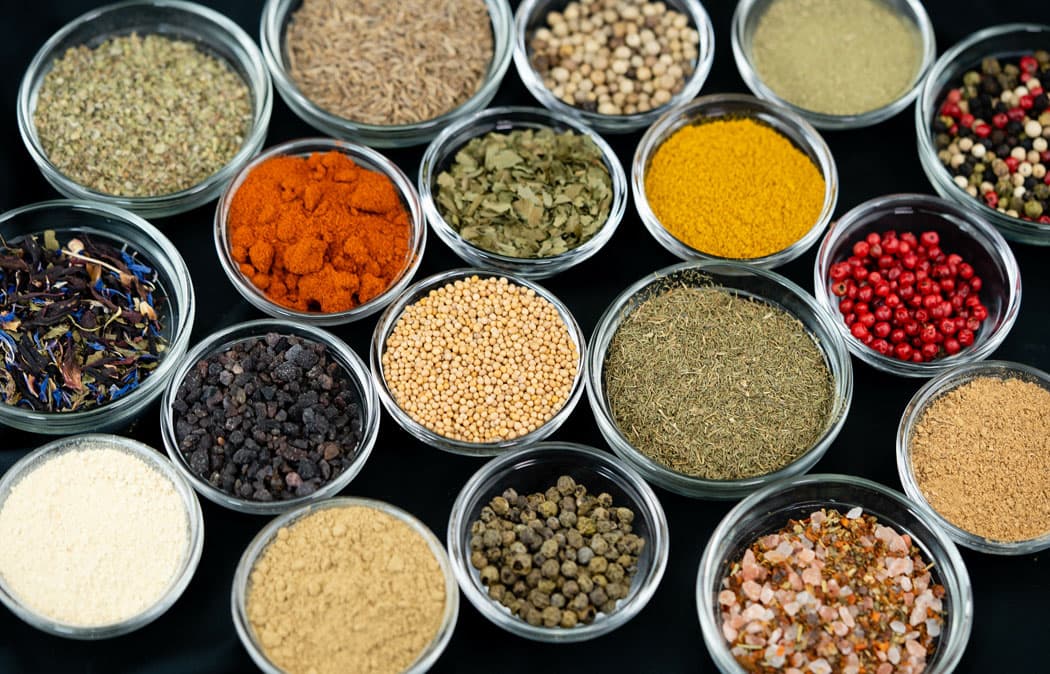
Managing taste changes during cancer treatment: what can you do?
Managing taste changes during cancer treatment can be challenging for both patients and caregivers.
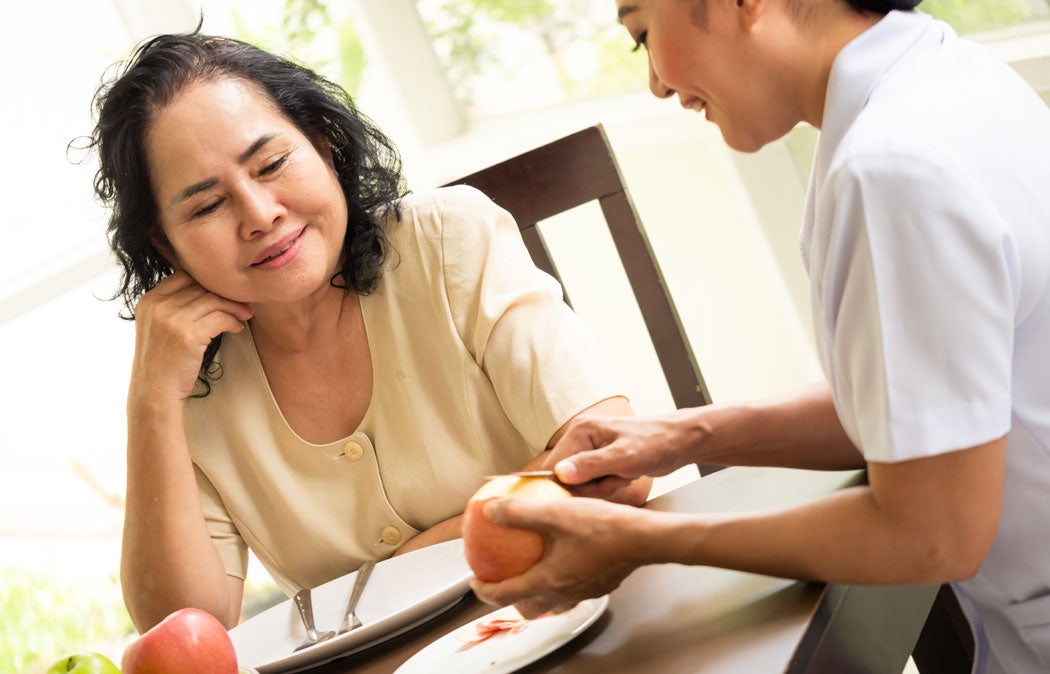
When A Cancer Patient Stops Eating: Advice for Caregivers
While chemotherapy is a leading treatment for cancer, it can cause many difficult and often unpleasant side effects that often affect a person’s day-to-day life1. Loss of appetite and eating problems are common side effects that many people with cancer face, caused by both cancer and its treatment1.
A Guide To Cancer Diets: Battling Cancer With Nutrition
Eating a healthy, balanced diet helps give your body the nutrients, calories, and strength it requires to fight off diseases.

How Social Support Networks Can Help People with Cancer
The stronger the social support network’s connection is, the more significant is its help.1
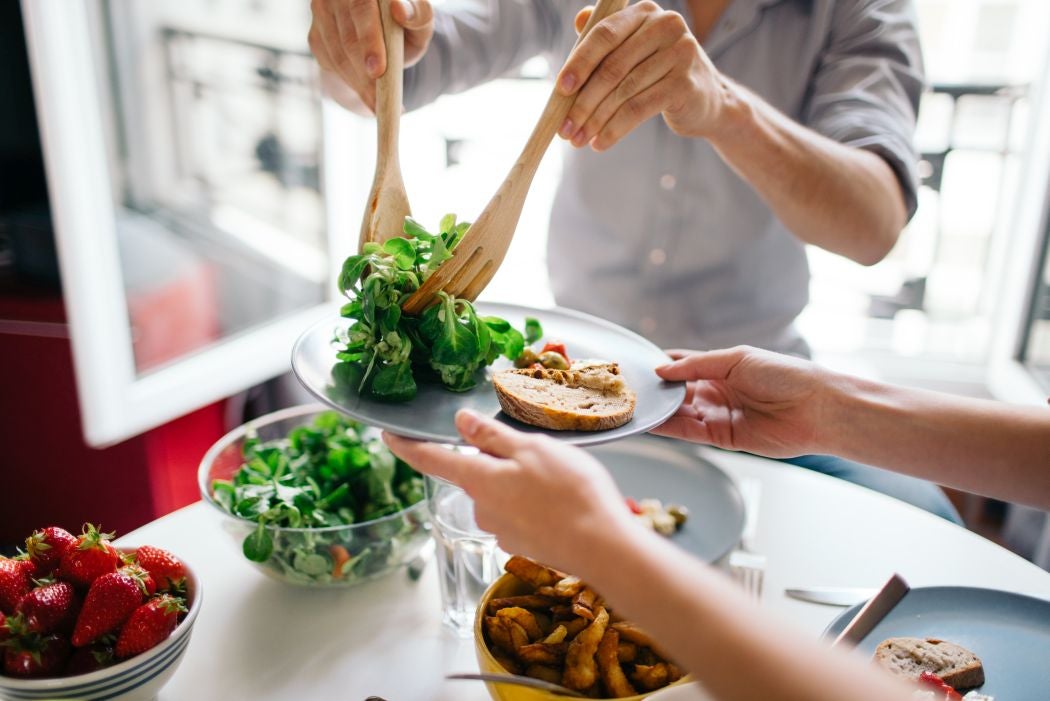
How is the Nutritional Recovery of Cancer Patients Carried out?
Nutritional recovery aims to prevent and treat malnutrition, boost the immune system, speed up recovery after surgeries, reduce hospital length of stay and improve response to cancer treatment in general.1,2 Learn about the stages of nutritional recovery.
